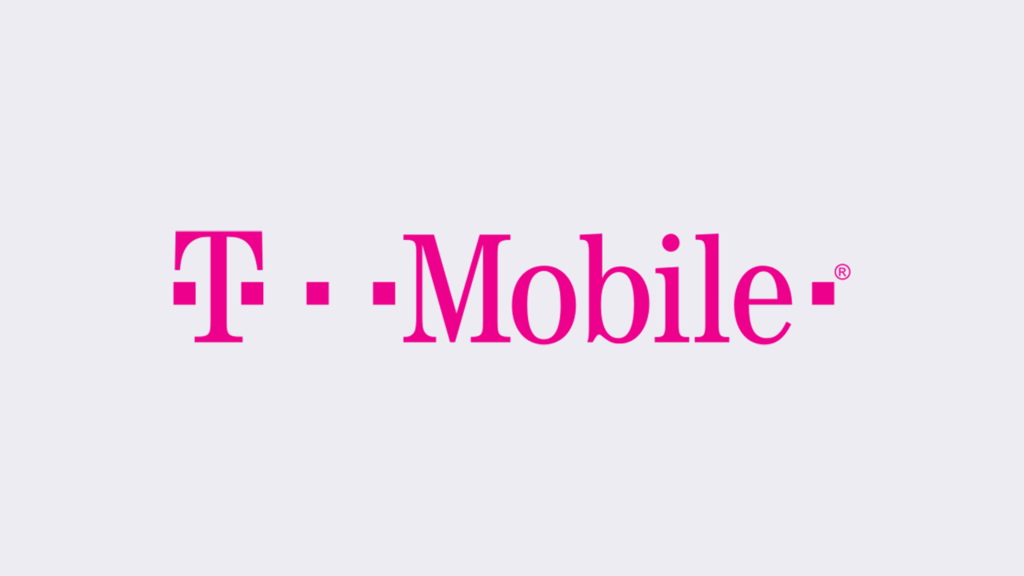
Case Study
T-Mobile drives AI adoption for more relevant customer interactions
-
3.3% increase in first call resolution
-
7.5% increase in Net Promoter Score
-
Reduction in customer churn
“The journey we've been on is getting those stakeholders in and trusting the technology, helping them see what it does, making sure that they're part of it. This isn't a black box. We welcome all teams to work with us directly. We share our information, everything's transparent. This is a journey that we are on as a company. This is everybody at T-Mobile trying to put the customer at the center of what we do.”
The Business Issue
T-Mobile is one of the United States’ major wireless carriers, providing mobile phone and data services to millions of customers. The company is well known for its branding as the "Un-carrier." Now, T-Mobile wants to further enhance its customer experience in the wake of its merge with another major U.S. carrier, Sprint.
To do this, T-Mobile’s leadership developed a strategy that transitioned customer service representatives from specialized queues toward geographical, market-based teams called “Teams of Experts,” where representatives would handle a wide range of customer issues without transferring calls. This transition was customer-friendly but posed a significant challenge to frontline employees who lacked specialized experience and needed assistance in resolving complex issues efficiently. Operations leaders now needed a solution that supercharged every expert’s skillset by giving them the next best action to support the entire customer journey.
The Solution
T-Mobile chose the Pega Platform™ and Pega Customer Decision Hub™ to harness the power of AI and address adoption challenges. The company implemented next best action (NBA) capabilities within Customer Decision Hub to provide its representatives with the right action to strengthen customer relationships through proactive service.
The original use case for NBA was to assist customer care representatives in identifying customers likely to cancel their service and provide appropriate solutions to retain them. Over time, they expanded the use cases of NBA, including sales, upsell features, and enhancing the overall customer experience.
To ensure successful adoption, T-Mobile's AI Strategy Team worked closely with upper leadership, stakeholders, and frontline users. They established a governance operating framework, including a VP governance board and channel execution working sessions.
T-Mobile's approach focused on building trust with frontline users by emphasizing that AI is meant to enhance their capabilities, not replace them. The framework provided suggested wording to assist with proactive conversations and showed how AI could optimize the investment of time during visual audits. Developed program reporting that went beyond revenue, to include cost and customer experience metrics, allows for trust-building conversations with operations leaders about where investments would be made and where benefits would be realized.
The Results
By using AI-driven insights, T-Mobile’s experts can now engage customers in more relevant and productive conversations, resulting in higher customer satisfaction and loyalty. So far the company has seen:
- 3.3% increase in first call resolution
- 7.5% increase in Net Promoter Score
- 7.4% increase in customer discussion rate
- Reduction in customer churn
T-Mobile continues to evolve its strategy. The company is now focused on expanding the adoption of Pega and AI at the enterprise level, involving various channels, such as digital, retail, and chatbots. Its goal is to offer personalized, data-driven solutions to every customer, ensuring a highly relevant and engaging experience.
